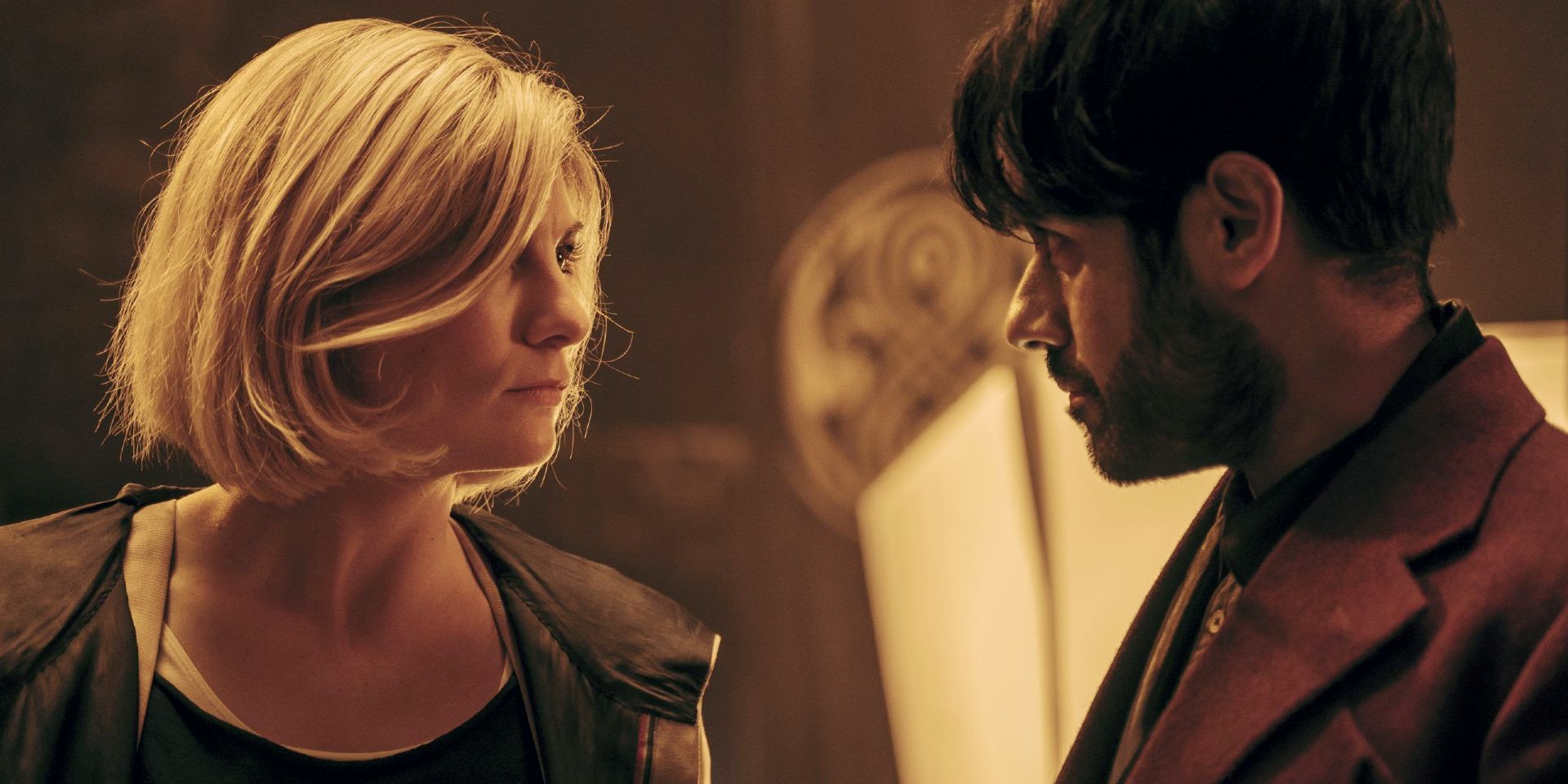Over nearly six decades, Doctor Who has introduced no shortage of fantastic villains. From the cold-blooded Daleks and their leader Davros to the recent portrayal of the horrific Swarm, the Doctor's enemies span all of time and space. Many are whole populations of hostile species, but every once in a while, an individual comes along who challenges the Doctor with a unique capacity for evil schemes. Of these individuals, the oldest recurring figure is the Master, a time lord whose brilliance rivals the Doctor's own.
Like the Doctor themself, the Master has taken many forms over the years, played by different actors across several regenerations. They first appeared played by Roger Delgado in 1971, alongside the Third Doctor (Jon Pertwee). Since then, the Master has been defeated several times, only to reappear in a regenerated form. The most memorable of the Master's reincarnations, though, went by a different name: Missy, short for "Mistress," which she decided was more fitting after regenerating into a woman. Played by Michelle Gomez, Missy was a recurring character on the show between 2014 and 2017. In that time, she ultimately redefined and re-affirmed the Master's role in the story and relationship to the Doctor.
Playing The Foil
Ever since their introduction, the Master's main purpose has been to serve as a foil to the Doctor. The two have a surprising amount in common: both are something of renegades, Time Lords who weren't content with the rules and regulations of Gallifreyan society and thus ran off to carve their own paths in space and time. Both are among the most brilliant minds that their planet has produced, and both are willing to go to great lengths for what they perceive to be the greater good, even if their definitions of "greater good" are vastly different. Yet despite their similarities, their personalities are often intended to be opposites — and in the modern series, no Master plays that foil role as well as Missy does with Twelve.
Among the modern Doctors (and possibly the show's entire run), Capaldi's Twelfth Doctor is among the most dramatic and intense; his version of "carefree and playful" is playing the electric guitar on a tank. He has his lighthearted moments and funny quips, but his sense of humor is wry and sometimes morbid, especially compared to high-spirited Eleven or cheerful Nine. That's where Missy comes in — whimsical, capricious, almost flippant when it comes to her evil schemes or life-and-death situations. Her levity and humor only not only emphasize how dangerous and unpredictable she is, they also serve to bring out the Doctor's strongest qualities: compassion, loyalty, and conviction in trying to be a good man.
A Rivalry As Old As Time
From the Master's first appearance back in 1971, he and the Doctor have always been rivals. Sometimes they are bitter enemies, sometimes they have near-misses of reconciliation — but they always hold each other in a certain regard. Each has a certain respect for the other's intelligence, which is why their rivalry has held for so long. The Doctor knows that the Master is never to be underestimated; meanwhile, the Master continues to toy with the Doctor, because the latter is the only one smart enough to keep the Master entertained. Missy plays this dynamic to a tee.
In Series 8, Missy remains a shadow presence up until the two-part finale, but from her first appearance, audiences know she'll be the big bad. And they aren't let down — the reveal of her true identity is one of the greatest moments of the season. It worked because it both shocked audiences, and made sense. Nobody had been expecting the Master to return as a woman, but then again, who else could come up with a plan to take over Earth with zombie Cybermen? Her scheme was created with the specific intent of catching the Doctor's attiontion, and she uses it to do what the Master has always done: try to convince the Doctor that they're not so different. Their rivalry is rooted in an old, old friendship — and while other Masters have alluded to their former closeness with the Doctor, no other wants it back as much as Missy does. For even after her Cyberman scheme is thwarted, Missy is far from finished.
Missy becomes a capricious ally in the Series 9's "The Magician's Apprentice," when the Doctor finds himself in mortal danger among the Daleks. The Master and the Doctor have occasionally worked on the same side before; the Master has tried to help the Doctor out of sticky situations a few times in the classic series and in expanded media. However, he usually has an ulterior motive. In the two-part opener to Series 9, Missy's only ulterior motive is to prove that she is the Doctor's closest friend; that she, above all others, reserves the right to know him best. As Clara points out, Missy is indeed constantly trying to kill the Doctor; however, both her retort and her actions in the episode suggest that she doesn't actually want him to die — or that their relationship has earned her exclusive rights to killing him. Of course, Missy isn't any less ruthless; she still tries to trick the Doctor into killing Clara towards the end of the second episode, "The Witch's Familiar."
When she reappears in Series 10 inside the Doctor's vault, Missy is still very much a villain and a force of evil. At this time, however, the Doctor is attempting to rehabilitate her after having interrupted her execution, as shown in a flashback in the episode "Extremis." Here, the Doctor is seen sparing her life not just because she claims she can learn to be good — but because they are, deep down, true friends. She plays the role of reluctant ally throughout Series 10 as the Doctor tries to rehabilitate her — and at times, grows close to success. It allows audiences to see what their friendship might have been, if not for the Master's ruthless and manipulative nature.
Missy's Legacy
By now it's well established as to what made Missy such a great version of the Master — but in addition to being a brilliant character, she served a larger purpose within the mythos of Doctor Who itself.
Gender-swapping upon regeneration was alluded to in the classic series, but it was never seen onscreen until Missy's appearance. Had Michelle Gomez not done such a brilliant job with the role, we likely would have never seen Jodie Whittaker as Thirteen, or perhaps any further examples of gender-flipping Time Lords. Missy showed fans that a character they knew and loved could take on a new iteration with a different gender — and while she definitely had her own personality (like any Time Lord regeneration does), she was still the Master at her core.
What's more, this gender swap also allowed Missy to build upon the relationship between the Doctor and the Master. Missy's flirtations, her teasingly referring to the Doctor as her "boyfriend," implied an even deeper level of connection. Though she makes it clear to Clara that her feelings aren't romantic, they are beyond surface-level friendship; it's a kind of relationship that only thousand-year-old beings could understand. This depth continued into the Thirteenth Doctor's time on the show, in which Whittaker's Doctor and Sacha Dhawan's Master delve into their troubled past together, in a more emotional way than fans had yet seen in the modern series.
Missy took everything the Master had ever been — a foil, a rival, a friend, a foe — and portrayed them all at once. She is one of the most complex interpretations of the Master that fans have seen, toeing the lines between evil and good, chaotic as always but never without a plan. Her character was rooted in the foundation created by those before her, but she built upon it in a new and beautiful way which will be an inspiration for Masters to come. After all, we likely haven't seen the end of the Doctor's oldest foe.

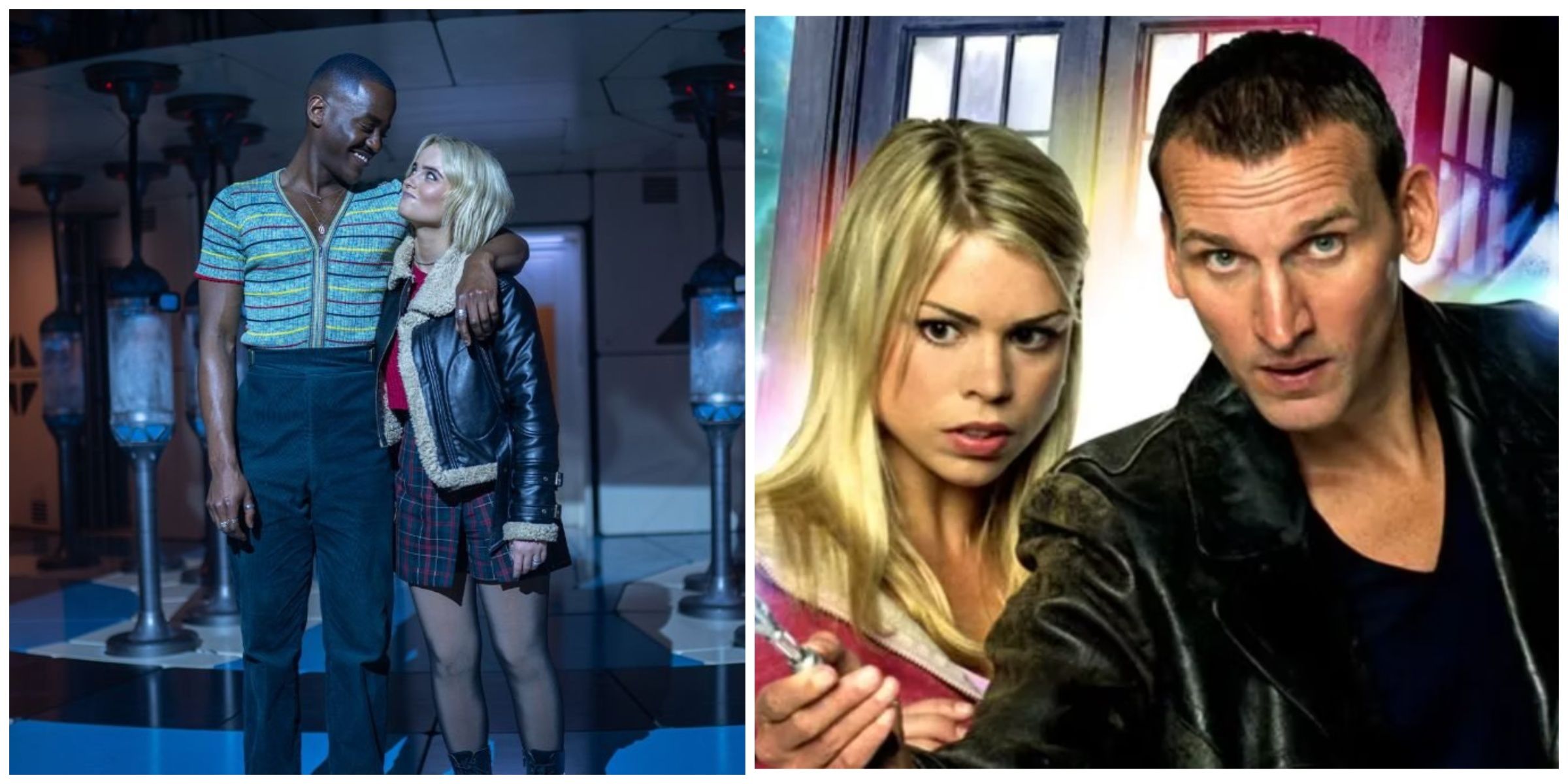
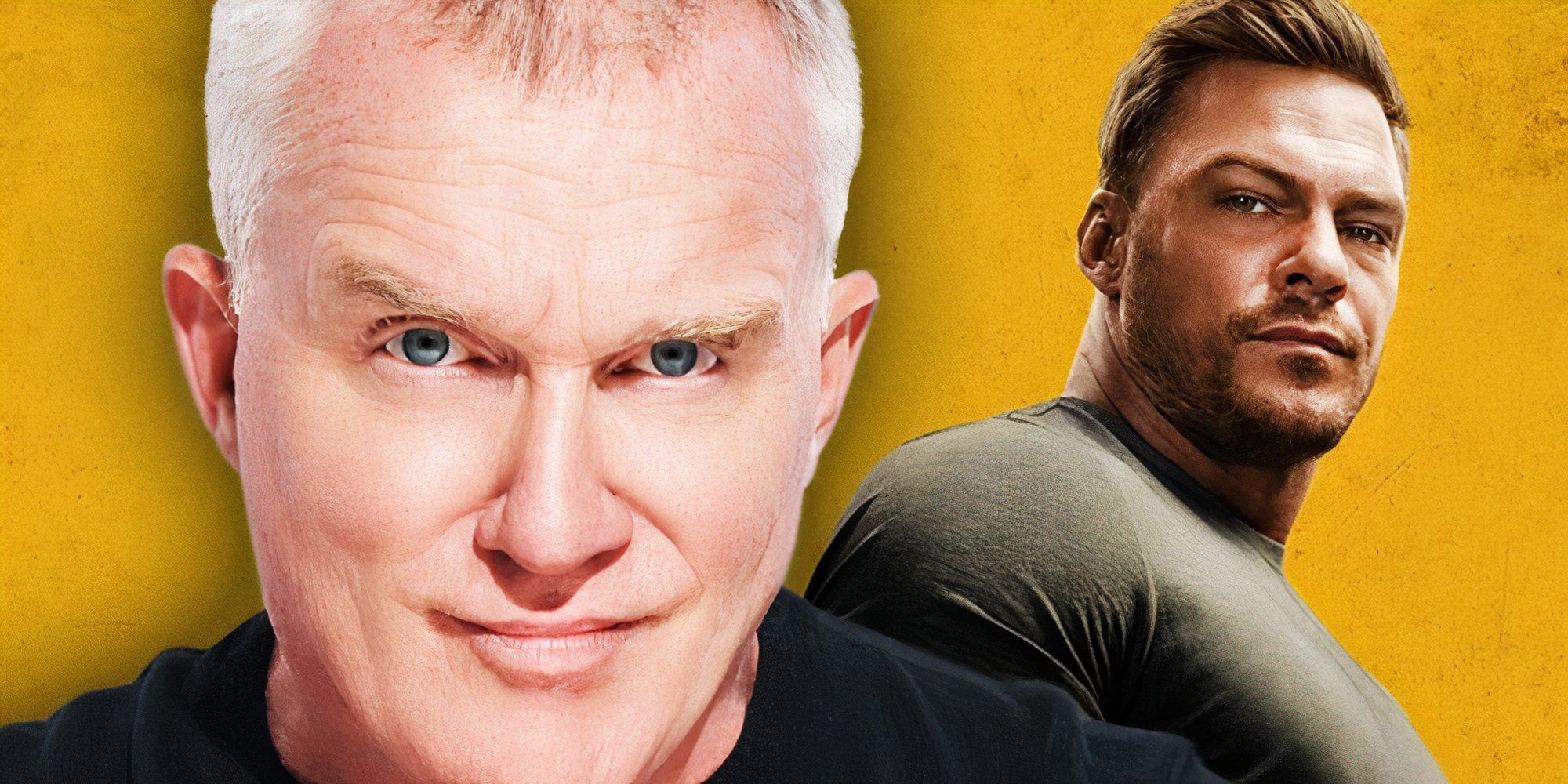
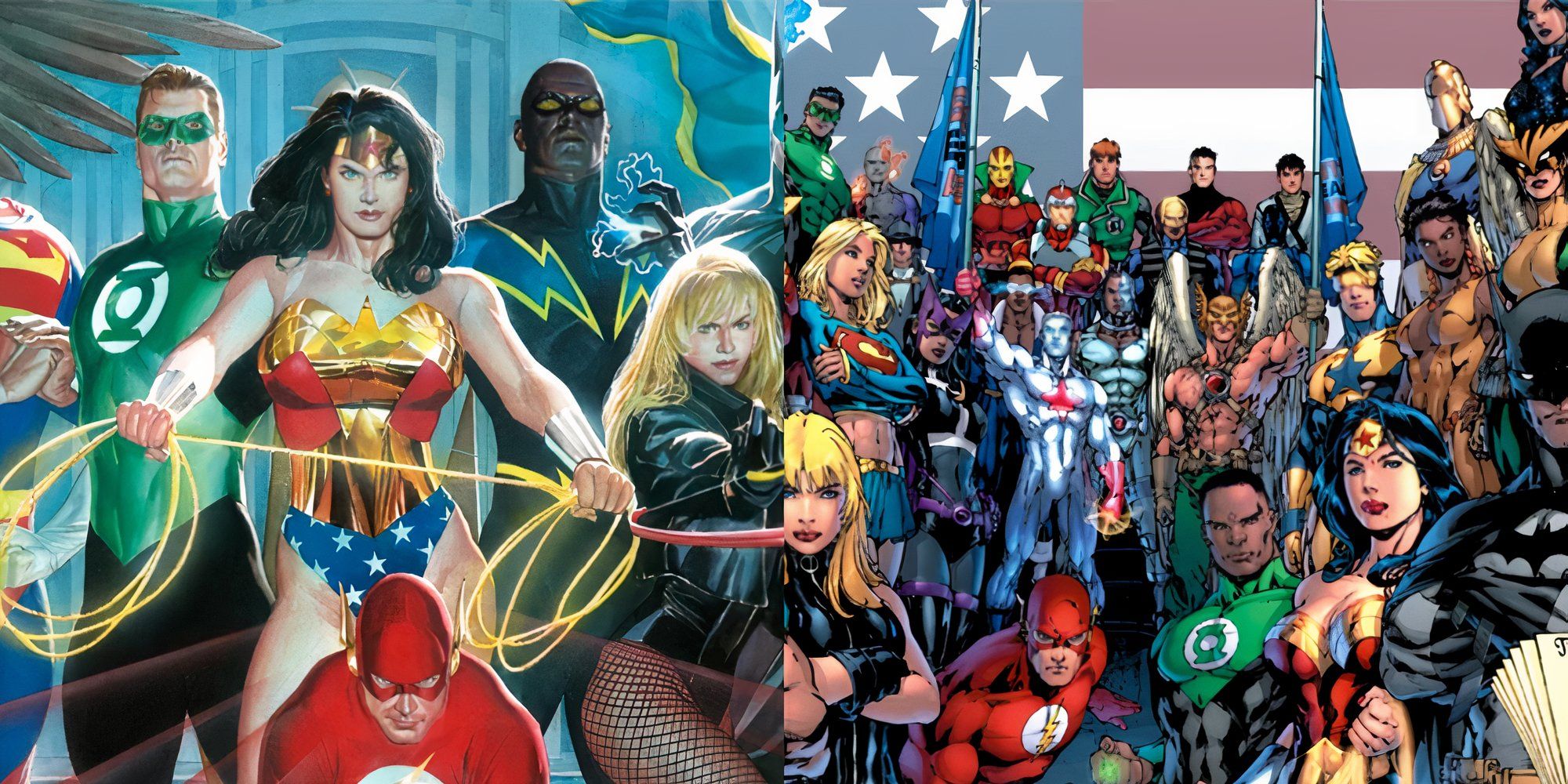
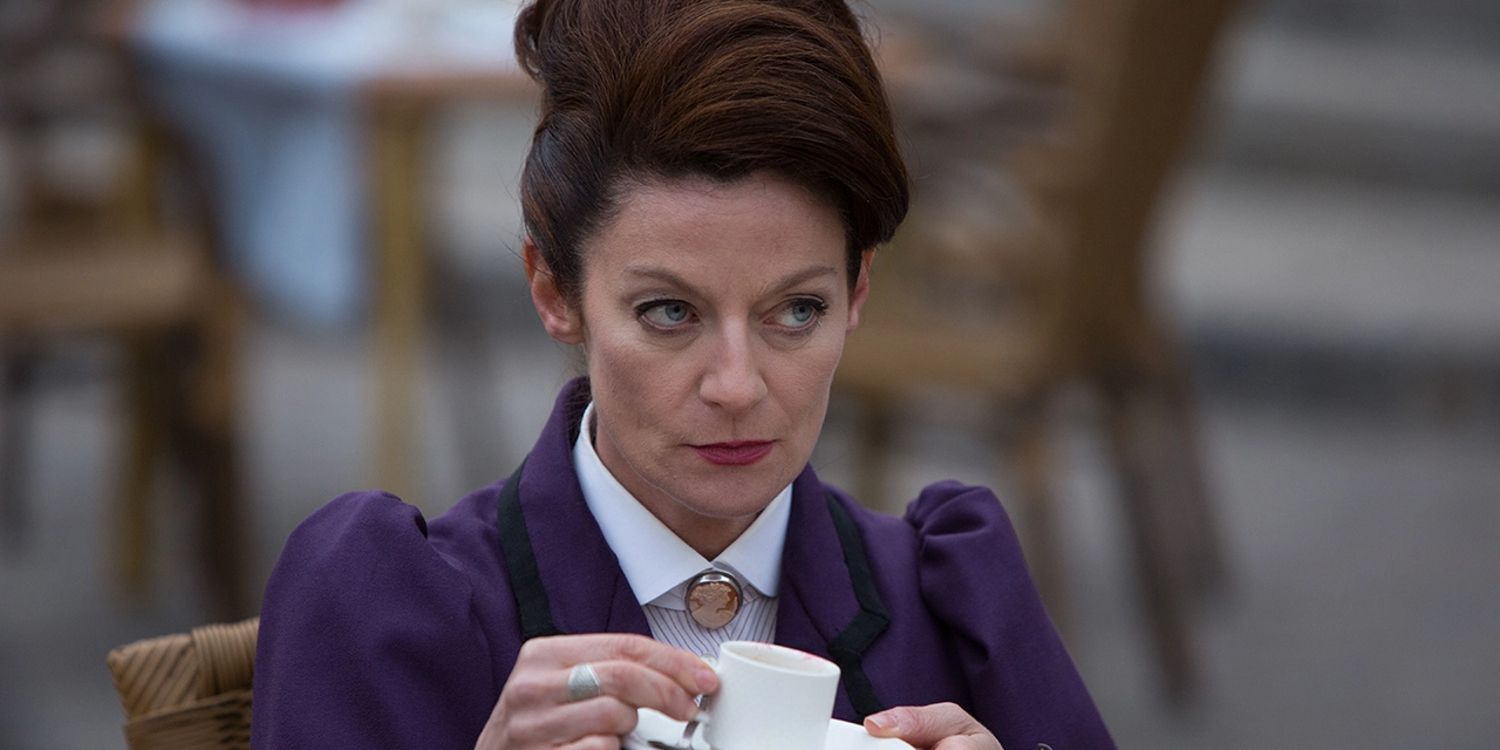
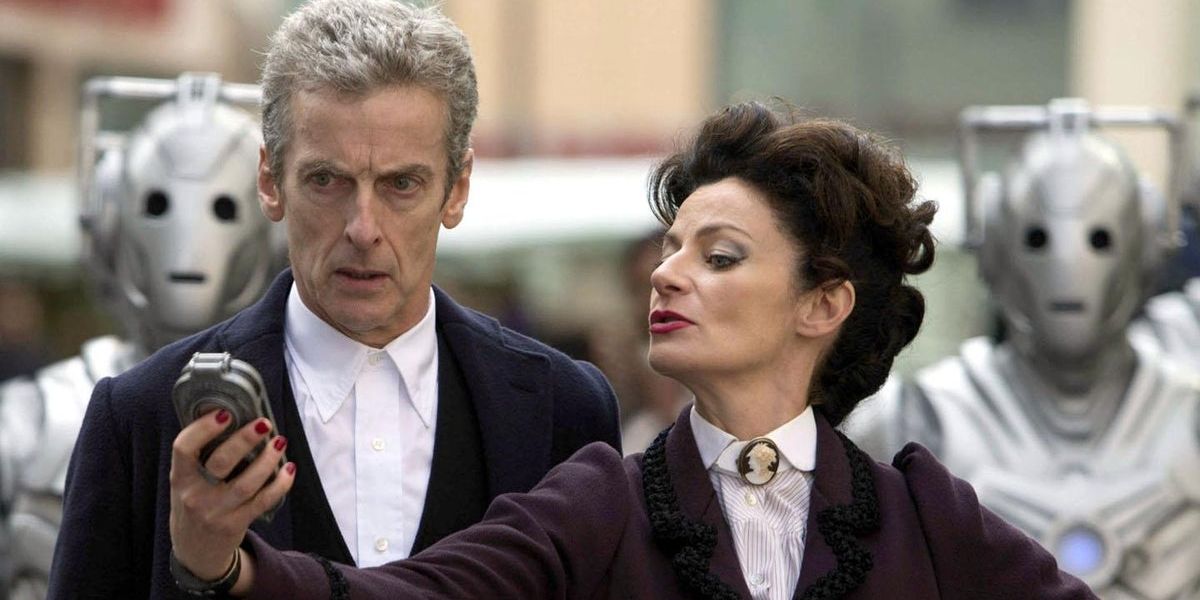
.jpg)
